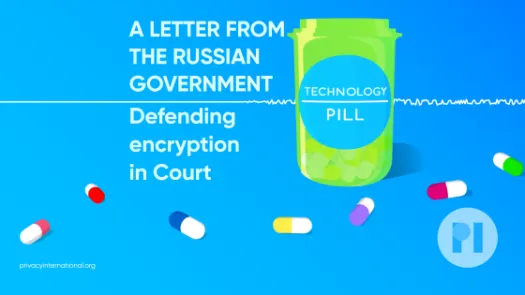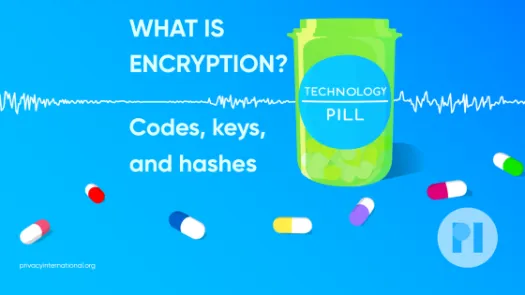Podchasov v. Russia
In December 2021, PI intervened in a case before the European Court of Human Rights which, among others, deals with a disclosure order that would facilitate “the decoding of communications”.
Name of case: Anton Valeryevich Podchasov v. Russia
Court: European Court of Human Rights
Application No: 33696/19
Status: Closed
**Update:** On 13 February 2024, the Third Section of the European Court of Human Rights handed down its judgment in the case. The Court unanimously found a violation of Article 8, namely of the applicant’s right to respect for private life. Moreover, following the arguments put forward in PI’s intervention, the Court underlined the importance of encryption for protecting online communications and criticised government efforts seeking to weaken or undermine it, by compromising the security of users.
The case of Podchasov v. Russia challenges the Russian law obliging telecommunications service providers to indiscriminately retain content and communications data for certain time periods, as well as a 2017 disclosure order by the Russian Federal Security Service requiring Telegram Messenger company to disclose technical information which would facilitate “the decoding of communications”.
PI's intervention seeks to assist the European Court in its assessment of the compatibility of the Russian legislation and disclosure order with Article 8 of the Convention by providing a brief technical and legal analysis of encryption and its key role in the protection of human rights.
Specifically, we first describe how encryption, including end-to-end encryption works, and why it has come to play a vital role for everyone around the globe for the protection of privacy, as well as other human rights. Second, we discuss the implications of various measures that seek to facilitate the decoding of encrypted communications, which, in line with the Court’s case-law on communications surveillance, should be viewed as a serious interference with the right to respect for private life and correspondence. Third, we argue that imposing obligations upon telecommunications service providers to actively alter the software they are offering to users, by inserting back-doors or other that essentially degrading its security, violates states’ positive obligations to protect the right to respect for private life and correspondence. Fourth, we submit that measures requiring the decoding of encrypted communications cannot be limited to what is necessary in a democratic society, due to their indiscriminate character and the fact that they inevitably compromise the integrity and security of communications for billions of users globally.
Photo by Mauro Sbicego on Unsplash


